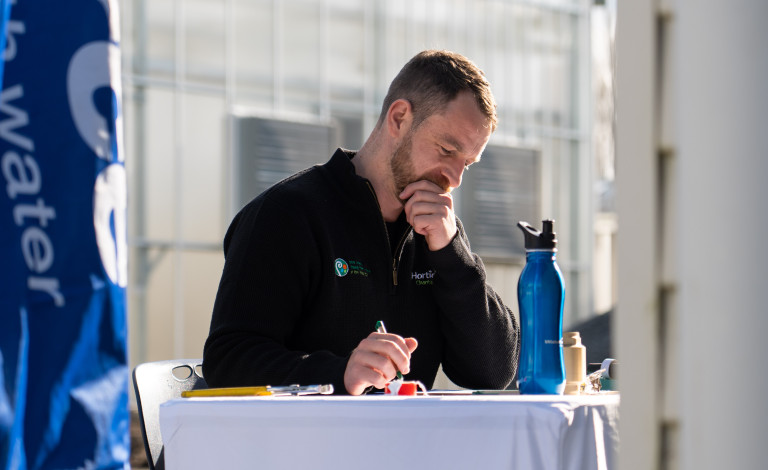Scholarships address recreation and environmental opportunities
27 April 2021 | Students News
Two new $15,000 Lincoln University master’s scholarships aimed at transforming the management of forested land will focus on Mt Hutt Forest Park, owned by NZ business executive Sir Graeme Harrison.
Dean of the Faculty of Environment, Society and Design, Dr Roslyn Kerr, says the scholarships offer excellent opportunities for students to work with industry and examine the role of policy and planning regulations, as well as recreation demand.
One of the new offerings, called the Mt Hutt Bike/Forest Park Research Scholarship in Environmental Policy, will use the park as a case study to assess whether Aotearoa New Zealand’s planning framework and greenhouse gas policy is fit to manage multi-purpose land.
The research will also provide recommendations for changes to a new planning and policy framework.
Dr Kerr says this work is crucial, as the country’s land use management will need to change substantially in the near future due to the Government’s ambitions to achieve significant reductions in greenhouse gas emissions.
“Resource Management Act reform will also play a major role in these changes. There are currently deficiencies in the management of single-use land areas, such as urban areas for housing, plantation forestry and native forests,” she says.
“New Zealand has large areas of multi-use land, but evidence shows that current planning and greenhouse gas accounting rules are not conducive to improving stakeholder values of these areas.
“Mt Hutt Forest Park is the perfect setting to use as a case study for this research, as it’s a multi-use area consisting of commercial forestry, native bush, and areas under weed and pest control. It also has recreational areas, including a mountain bike park, walking tracks and access to the Mt Hutt ski area.”
The research will first assess current planning rules and national-level greenhouse gas policy to evaluate how conducive they are to the improvement of the park. Following that, it will recommend changes to planning rules and greenhouse gas policy, aimed at maximising the park’s multiple values.
“These recommendations may be applicable to similar multi-use areas around the country, not just the case study area,” says Dr Kerr.
The second new scholarship, called the Mt Hutt Bike/Forest Park Research Scholarships in Recreation Demand, aims to assess current and future recreation demand potential for the park and identify sites and activities most likely to engage people’s interest in the setting.
The analysis will need to adopt a visitor experience perspective and draw on existing and anticipated data relating to the area’s natural values and land use plans. Ultimately, the research should help to inform a multi-disciplinary master plan for Mt Hutt Forest Park, combining recreation demand with environmental planning and ecological restoration scenarios.
Dr Kerr emphasises the importance of this work due to the social, demographic and environmental change taking place in New Zealand.
“Decision-makers urgently need information about outdoor recreational demand across a variety of settings to future-proof planning for large natural resource areas set aside for public access,” she says.
The closing date for each scholarship is 1 May 2021.


